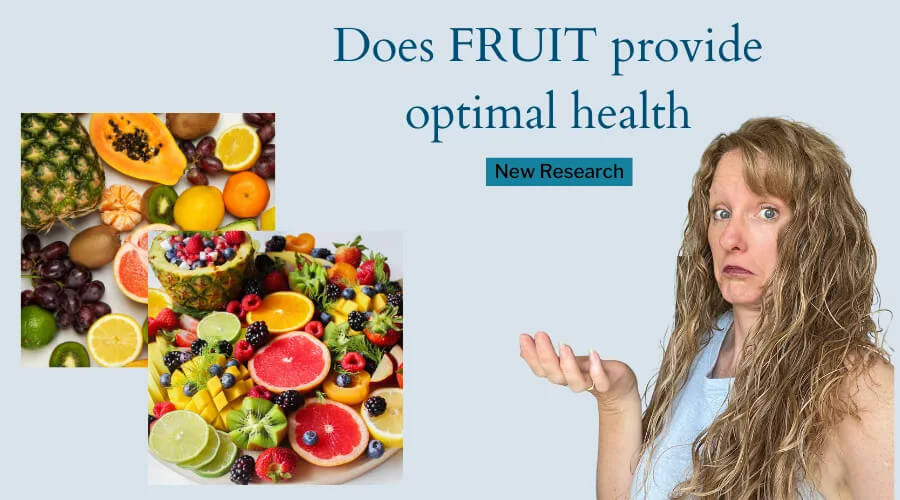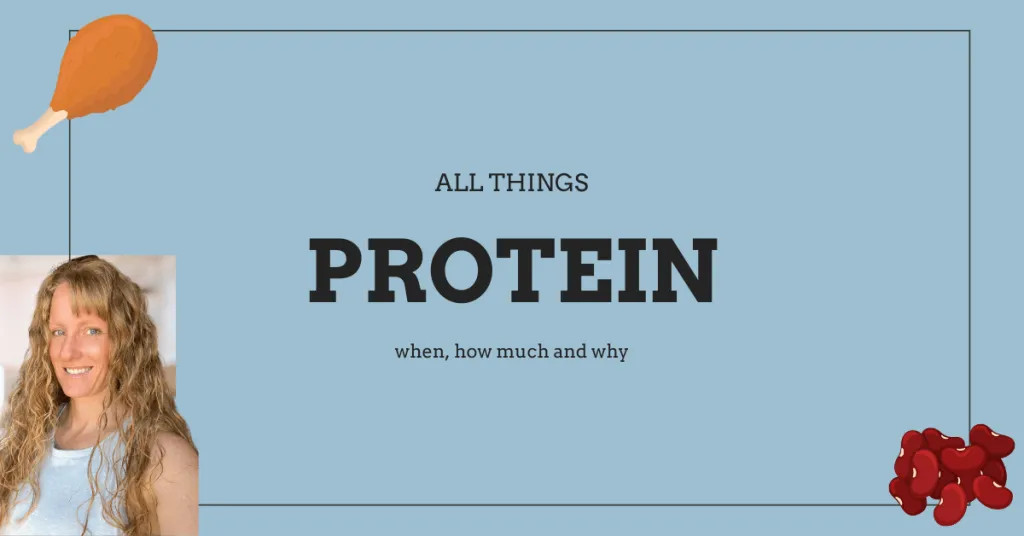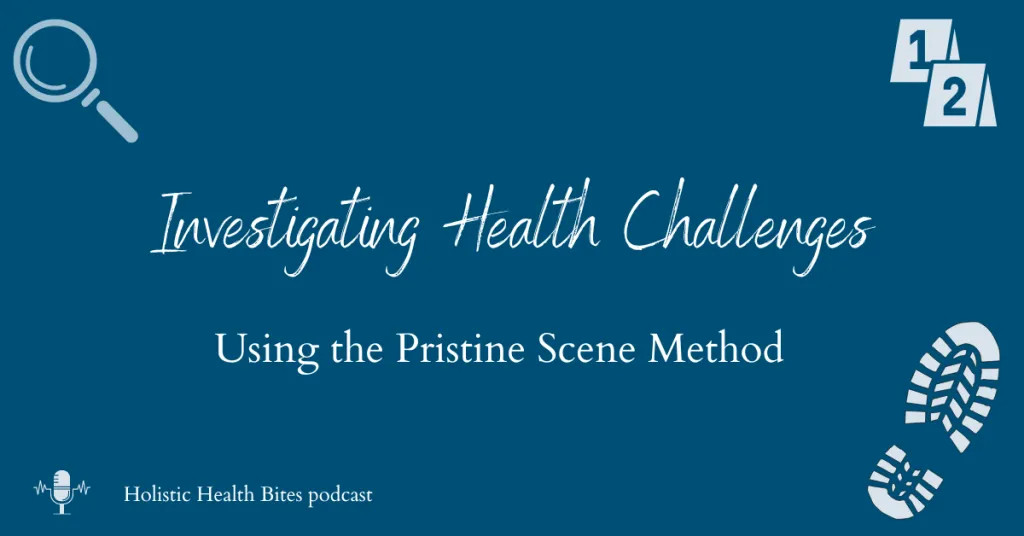
People have mixed opinions about fruit. Some people believe that it is a necessary part of a healthy diet, while others view it as unhealthy and full of sugar. Some say it’s “natural” therefore there should be no limitations. And yet the fruit we know today is nothing like fruit of just a few decades ago. Plus many cultures back then wouldn’t have had access to fruit year round.
So what are the effects of fruit on overall health?
A new study was just published in the Scandinavian journal of Gastroenterology looking at this exact topic. The title of their paper is “The effect of a fruit-rich diet on liver biomarkers, insulin resistance, and lipid profile in patients with non-alcoholic fatty liver disease: a randomized clinical trial.” This is the gold-standard type of research as a clinical trial with random assignment to two different groups. Before we break down the study, let’s chat briefly about non-alcoholic fatty liver disease.
Non-Alcoholic Fatty Liver Disease (NAFLD)
NAFLD is a condition where fat accumulates in the liver – not due to overconsumption of alcohol, but due to insulin resistance mostly. Roughly 1 in 3 people in the US have this condition which can lead to liver inflammation, scarring of the liver, and can lead to hepatic fibrosis, cirrhosis, and ultimately liver failure. This is a topic we should ALL care about.
Research Study on Fruit in NAFLD Patients
Now, let’s break down this study:
- They had 80 participants – so a relatively small study group.
- They were randomly assigned to either consume at least 4 servings of fruit per day or less than 2 servings of fruit per day.
- Various blood tests and physical measurements were taken before and after the trial which lasted 6 months.
At the conclusion of the study:
- the higher fruit consuming group had gained an average of 7kg (15.4 lbs) while the fruit restricted group lost 6.5kg (14.3 lbs)
- the higher fruit group gained 3.9 cm in waist circumference while the lower fruit group lost 6.6 cm in waist circumference
- the higher fruit group had higher triglycerides (trigs actually improved on the lower fruit group)
- the higher fruit group had higher LDL (“bad”) cholesterol, the lower fruit group had lower LDL cholesterol than before
- the higher fruit group had higher total cholesterol, the lower fruit group had lower total cholesterol than before
- the higher fruit group lower HDL (“good”) and increased in the lower fruit group than before
- Liver enzymes increased in the higher fruit group and decreased significantly in the lower fruit group
- Blood sugar levels increased in the higher fruit group and decreased in the lower fruit group
- Insulin resistance increased in the higher fruit group – evidenced by both fasting insulin increases and higher insulin resistance scores (HOMA-IR); the lower fruit group improved in both fasting insulin and insulin resistance scores.
Those are some pretty impressive results!
Additional Thoughts on this Study
Now, to be fair, there are other studies that contradict these findings. And this study specifically looked at people with already existing NAFLD – though that accounts for ⅓ of the population, so it’s not like it’s not relevant! This study is also not claiming that fruit causes fatty liver – just that it seemed to progress the condition in those who already had it. This interventional study did not evaluate other foods, food groups or food quantities – though they did document the overall diet of the participants. Both groups were consuming roughly equal amounts of meats, grains, sugars, vegetables, and overall calories. They also tracked exercise and found both groups to be essentially equal. The only intentional intervention was the fruit consumption.
This study poses some interesting questions about whether or not we should really be consuming fruit or considering it a freebie since it’s natural. You might be tempted to disregard this study because they only examined those with existing fatty liver disease – but if NAFLD is present in 1/3 of the population – I’d say we all need to pay attention, especially given that cholesterol, lipids, blood sugar, and insulin resistance all also got worse on the fruit-rich diet. It is a relative easy nutritional strategy to just cut back on fruit!
I’d also say that most of us really need to cut back on grains and overall carbs as well – but that’s a story for a different day.
References:





















0 Comments